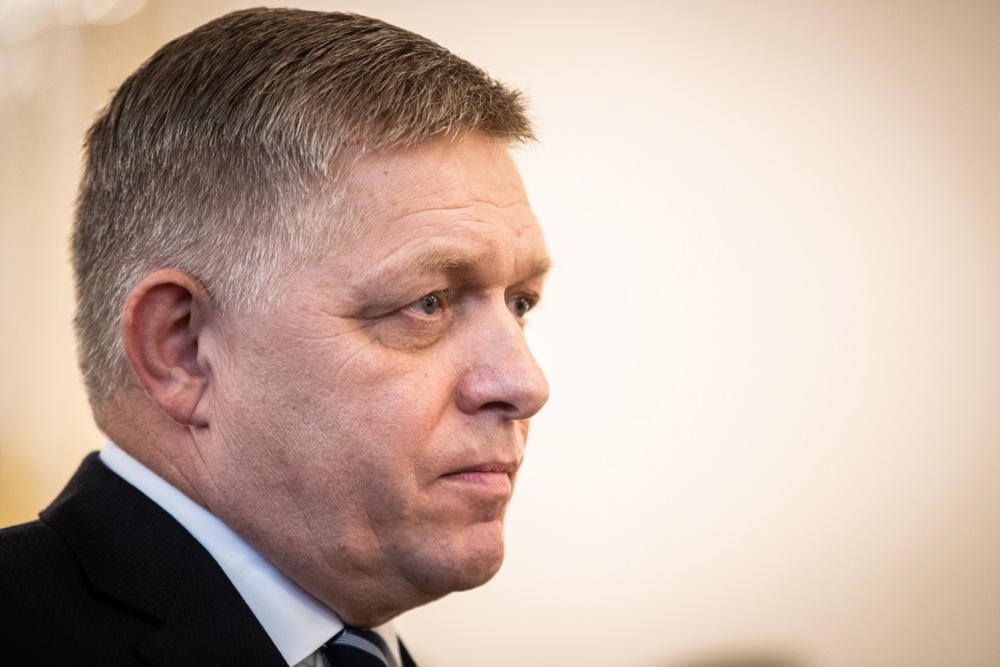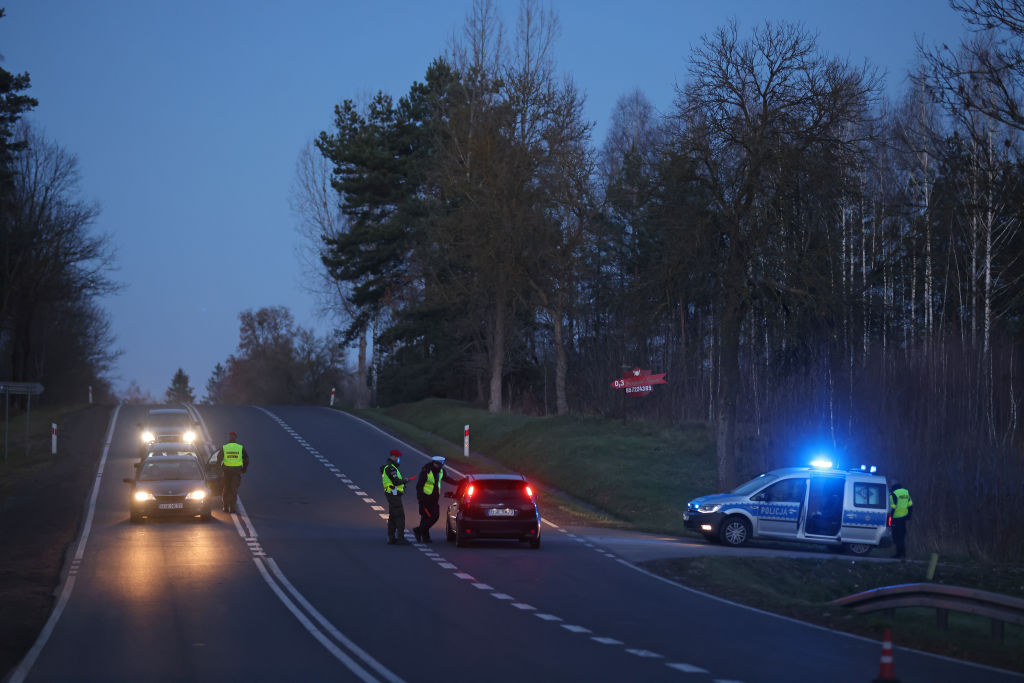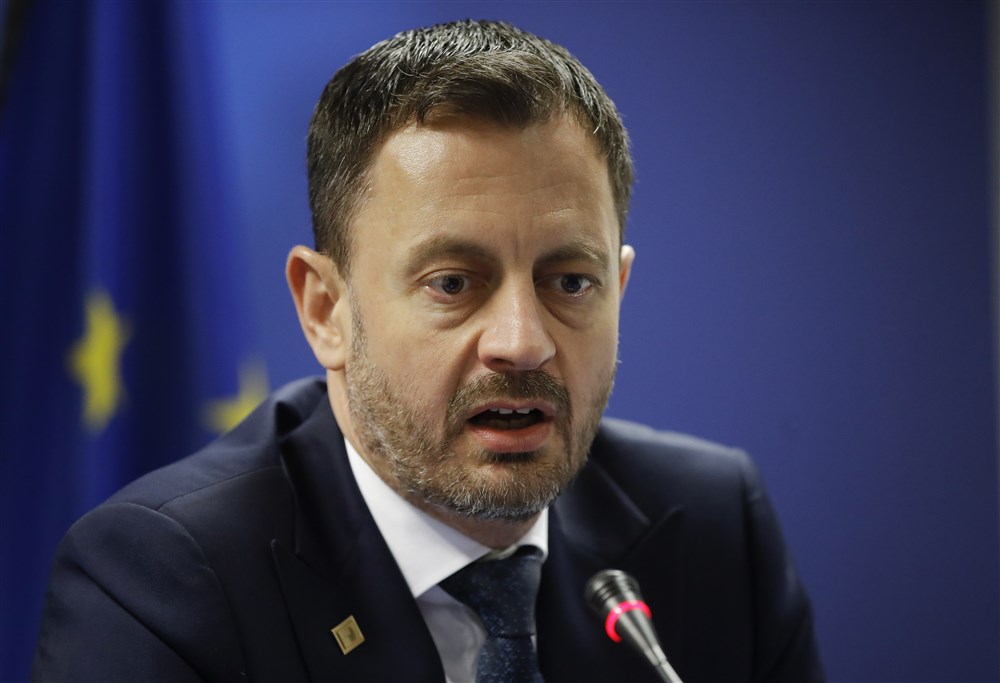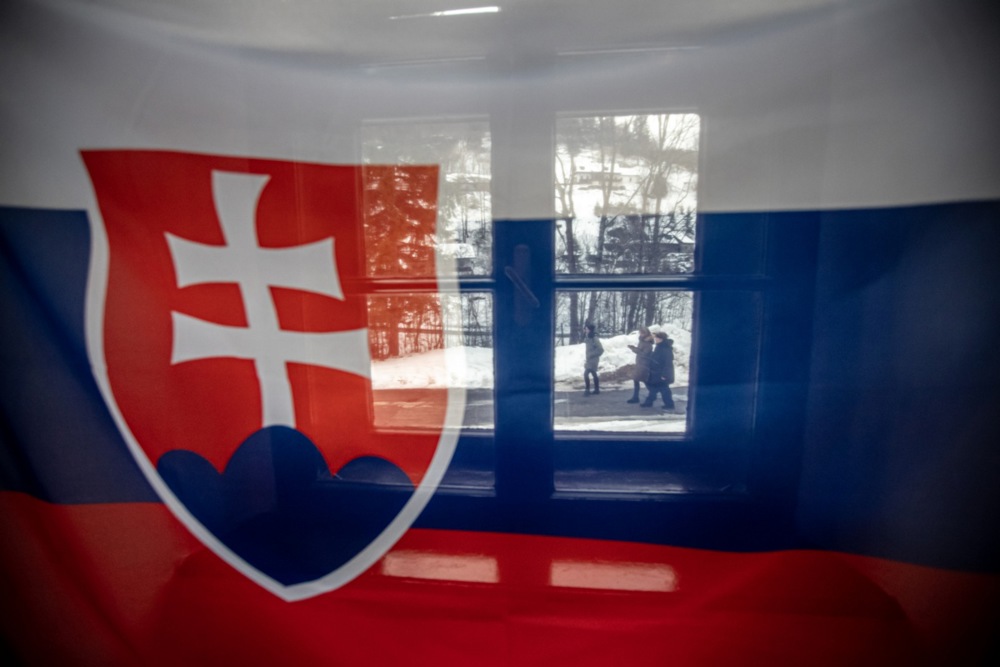Slovakia’s Government agreed on November 20 to keep temporary border controls in place with Hungary until December 23.
Bratislava has made the move to halt further migrant inflow via the Balkan route, from where a surge in illegal arrivals has been ongoing.
The border restrictions were implemented earlier in October, reflecting moves by Austria, Poland and the Czech Republic, which had tightened their own borders with Slovakia.
According to a statement accompanying the bill passed by the cabinet on November 20, Slovakia saw a more than 500 per cent year-on-year rise in the number of unlawful migrants imprisoned between the start of 2023 and mid-November.
Last month, Slovak Prime Minister Robert Fico took office for the fourth time in his career after winning the election in September. He campaigned, among other things, on promises to defend the borders against illegal migration.
A large number of young Middle Eastern and Afghan males have been entering through the Balkan route, crossing Serbia and Hungary, to travel to Western European countries.
New border controls are being set up across the European Union, as migratory pressure continues. Some observers even claim that, as things stand, the Schengen Area is at risk of collapsing.
Within Schengen countries, passport checks and many other types of border controls had previously been dropped to promote the free movement of people and goods.
The current migration crisis is leading to almost half of the EU Member States reimposing those checks.





